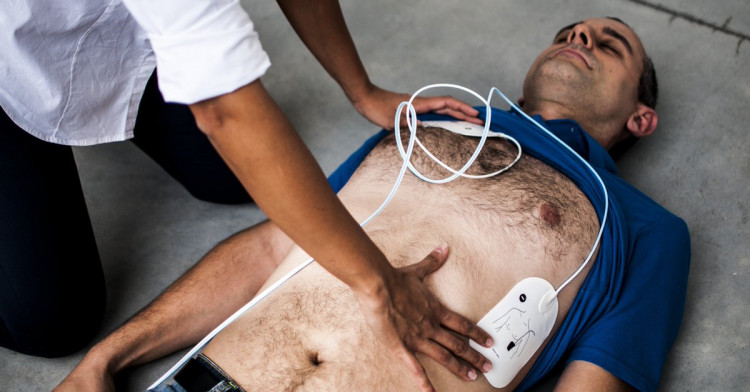Cardiovascular diseases are one of the leading causes of death worldwide. Statistics show that about 325,000 deaths were recorded in the United States alone.
Amid all the victims of heart disease, black women are those that are greatly affected, research, which is posted in the journal named Circulation, revealed.
The research from the American Heart Association explained why of all people black women are at risk of sudden cardiac death as compared to other races and gender, as reported by the Health Line.
The result of the research shows that this rate is made possible because of reasons that include cultural and socioeconomic disparities, health issues like diabetes and hypertension, and income level and education.
Dr. Icilma Fergus, who is the Associate Professor of Medicine at Mount Sinai Medical Center in New York City, shared, "The shocking thing about this is that this is the current situation in the United States, where given all the resources, all the technology, and all information we have, we shouldn't be seeing this kind of health disparity."
Fergus further explained that one of the basic reasons why there is a racial gap in the death rate caused by cardiovascular diseases is the lack of resources.
As the expert observed, white people receive more information when it comes to health, as compared to black people. Education about their health situation is more prevalent among white people too. They are also aware of the things that are beneficial to them and those that are not.
Furthermore, white people are also more trained. Most of them are well educated about what to do whenever the first signs of stroke show up. They also have an idea of how and when to administer CPR in case the situation got worse, which can save one person's life.
Fergus stressed that this problem can still be altered only if everyone is ready to embrace change. About 80 percent of cardiovascular concerns are remedied and prevented if the group would only have "more access to the resources, education, and preventative measures."
Eliseo Guallar, MD, an expert in Epidemiology at Welch Center for Prevention, Epidemiology and Clinical Research, seconded what Fergus has stated by saying how a lack of education and low income can indeed result in an unhealthy lifestyle, more susceptible to diseases, and low opportunities for treatment and medical help, according to Medical Xpress.
Though the study revealed an intriguing result, the expert suggests that more research is still needed to be conducted.






